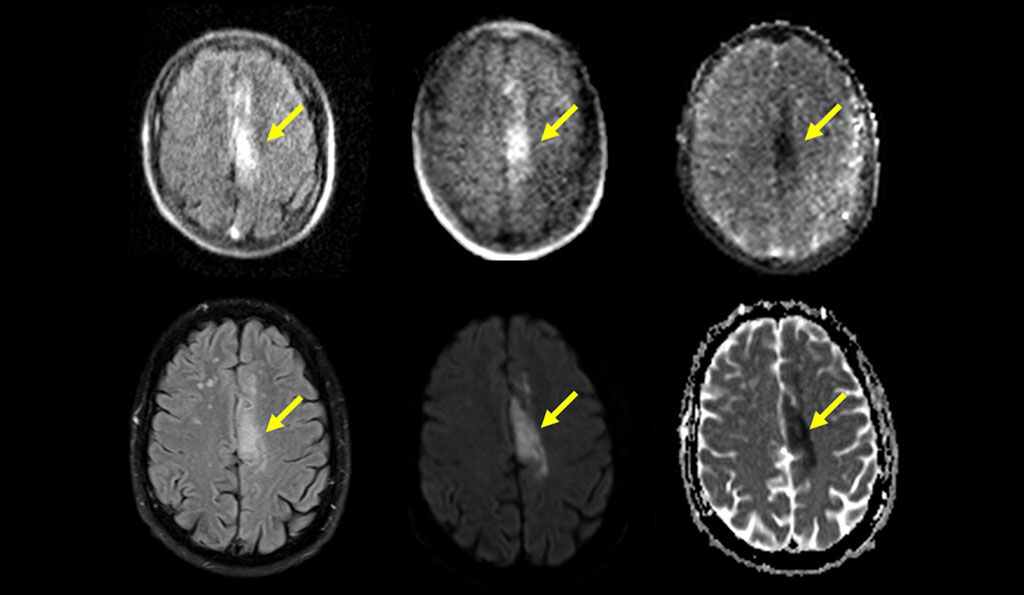Portable MRIs Almost as Effective as Standard MRIs in Detecting Strokes
Posted on 21 Apr 2022
Outcomes for stroke patients improve dramatically the quicker they receive treatment. But access to stationary MRI machines is limited for those who live far away from major hospitals or in developing countries. And even stroke patients who have access to major hospitals often have to wait for scans with stationary MRIs because of heavy demand for the equipment. In addition, quickly differentiating between different types of stroke is crucial for determining proper treatment. Ischemic strokes are usually treated with blood thinners. But that course of treatment is dangerous for those who experience a hemorrhagic stroke or stroke in which there is bleeding in the brain. In a new study, portable MRI machines, an emerging technology that makes medical imaging accessible even in remote locations, detected ischemic strokes, or strokes caused by clotting, in 90% of patients scanned.
Previous studies have shown that portable MRI devices can also detect strokes caused by bleeding in the brain, which are distinct from strokes caused by brain clots. The ability of portable MRI machines to differentiate the two types of stroke will help clinicians make crucial life-saving treatment decisions quickly in remote areas for patients who lack ready access to major hospitals with expensive stationary MRI machines, according to researchers at Yale University (New Haven, CT, USA) and Harvard University (Cambridge, MA, USA) who led the study. Portable scans can be employed at a patient’s bedside, in ambulances, or at clinics in remote areas. In their analysis of portable MRI scans from 50 patients, the researchers found that the results largely confirmed ischemic stroke diagnoses made by stationary MRIs. For 45 of those patients, the portable MRI detected blood clots as small as four millimeters in size.

“This is the first systematic evidence you can detect ischemic strokes using portable, bedside devices,” said Kevin Sheth, a professor of neurology and neurosurgery at Yale School of Medicine and co-corresponding author of the study.
Related Links:
Yale University
Harvard University














